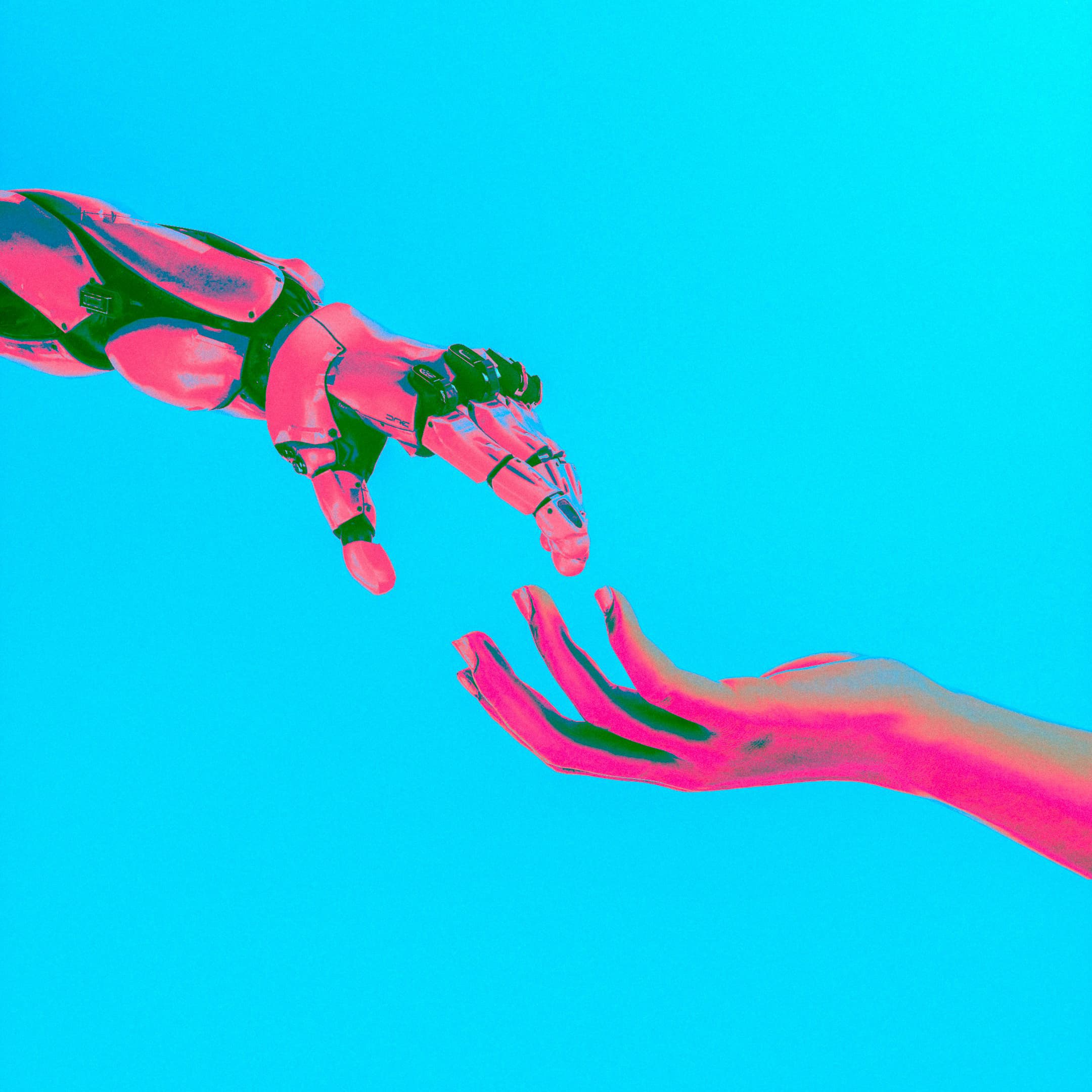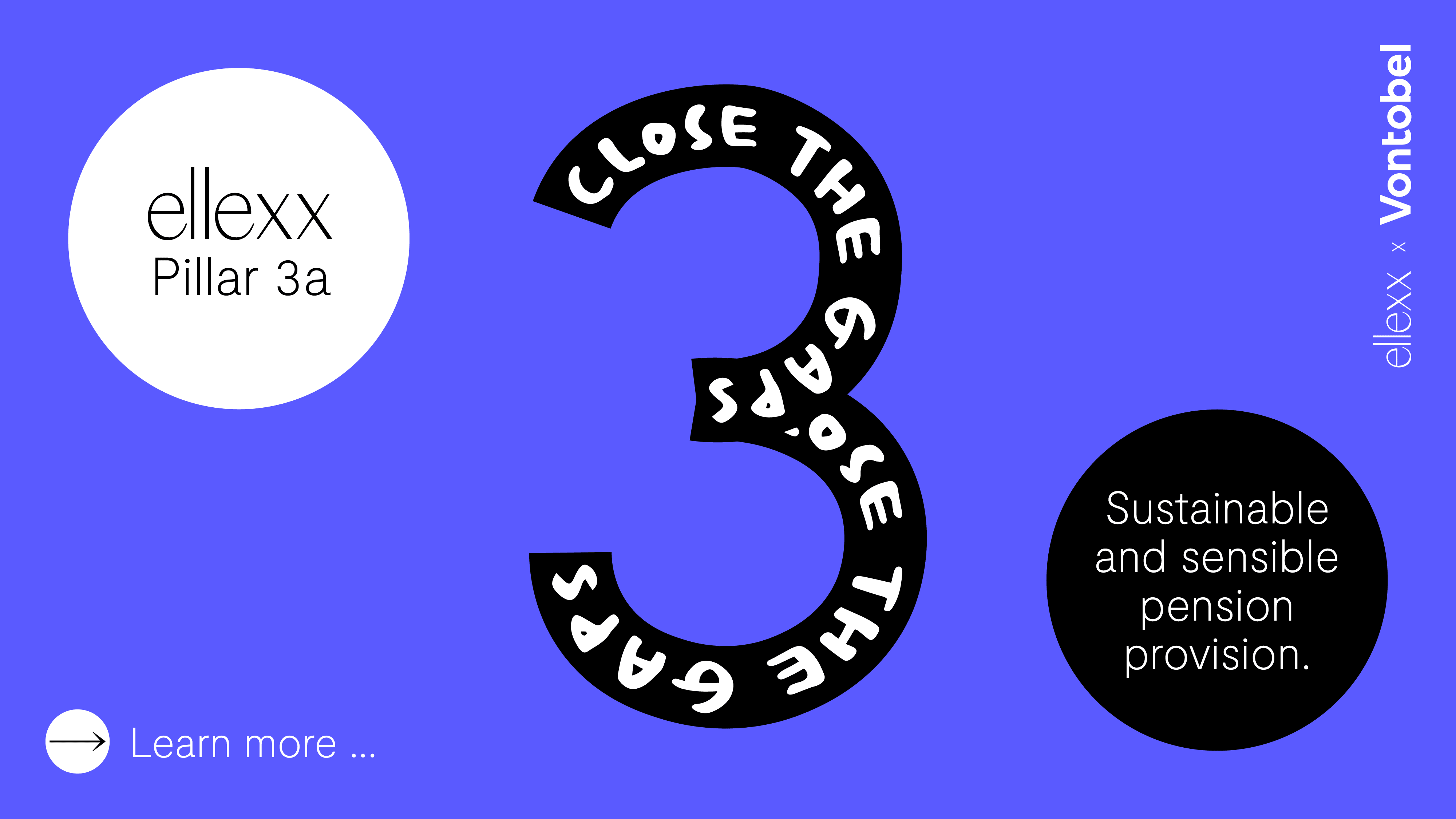The popular bot ChatGPT turned one this November. Since then, superpowers have been available to humanity. Already, 1.7 billion people use them, mostly men. This could deepen the digital gap between genders. A wake-up call.
The results are clear. About 70 percent of ChatGPT users are male, 30 percent female. This could set women back professionally. By not utilizing it, women risk working inefficiently and longer. A recent study by the consulting giant BCG has shown that consultants using generative artificial intelligence (AI) work 40 percent better and 25 percent faster.
What's interesting about the study is that AI propelled all employees into top positions – even the mediocre ones. While high performers also benefited, it was to a lesser extent. Thanks to ChatGPT, performance levels equalized. So, AI could mitigate inequality if everyone embraced the technology.
The fact is that generative AI has long been present in work, life, and everyday activities. It demonstrably saves time and nerves, making individuals better, more efficient, and sometimes even wealthier. But wait! Isn't generative AI also sexist, biased, deceptive, and error-prone? Many women see it that way. Are they right?
Generative AI is a form of artificial intelligence that generates new content based on inputs and existing information. It is a collective term for systems that can produce various results in seemingly professional and creative ways, such as images, video, audio, text, code, 3D models, and simulations. The goal is to achieve or surpass human capabilities.
Planning children's birthdays with AI
A Step Back: ChatGPT – one of the most widely used generative AIs – is known for assisting in various knowledge work. But it now also helps with much more everyday tasks, such as writing sales ads on secondhand platforms, planning children's birthdays, or redesigning balconies or home offices.
Google's version of ChatGPT, Bard, advertises practical services. With AI, much creative work can be done, like digital art. The AI art generator or the text-to-image machine Midjourney not only stimulates the senses but also produces amazing works. Various plugins and extensions for ChatGPT are already applicable to everyday tasks, such as weather, travel, or WhatsApp. The catch: They require the paid version of ChatGPT.
Mastering ChatGPT is becoming as important as writing and arithmetic, speakers at tech conferences unanimously proclaim.
And they are being heard. Surveys have shown that over half of all men already use ChatGPT privately or for their daily professional activities. In contrast, only 35 percent of women are assisted by artificial intelligence.
Women are not shaping the future
These findings are even more alarming because the work of women is already disproportionately threatened by generative AI. New data from Goldman Sachs shows that up to 80 percent of "women's jobs" are at risk. Women often work in administrative and assisting positions, which can be easily automated. Women make up 70 percent of employees in back-office roles.
The digital gap between genders, the so-called Digital Divide, is enormous.
Since STEM fields are traditionally male-dominated, the brave new world of generative AI is now mostly created by men. The notable exception, the technology chief of ChatGPT, Mina Murati, does not change this fact. At the global level, 37 percent of people, especially women, still lack access to the internet. The digital gap between genders, the so-called Digital Divide, is enormous.
Women not only barely shape the future of technology, but they are also disproportionately negatively affected by it. But that's not all.
Why do women use ChatGPT less?
Women also have a more negative attitude. They are more skeptical. Using AI feels like cheating or even betraying for them.
It is undoubtedly important that women maintain a critical stance. AI is by no means infallible. For example, Fast Company magazine discovered in a study that ChatGPT writes sexist job advertisements or employee evaluations and often falls into the stereotype trap. The feedback to women was longer and more critical. AI has been caught cheating by female scientists. The chatbot invents sources and facts. Other studies have shown that the diversity of problem-solving approaches for users decreases by 41 percent, and it is tricky to simply put ChatGPT on autopilot. The tool also makes mistakes and confuses things – though much less than we humans do. Are the results plausible? Human verification remains important.
Nevertheless, it is also proven that a critical interaction, a mental tandem between humans and machines, achieves outstanding results.
I met Zack Kass, one of the developers of ChatGPT, last week. Naturally, he belongs to the kind of enthusiastic Silicon Valley evangelists who believe that AI can overcome everything, be it the climate crisis or even death. He doesn't utter critical words. However, especially for women, his wake-up calls, "Equip yourself!" or "Gear up, get the tools, make yourself future-ready, and gain more time," should be taken into consideration.
Self-fulfilling prophecy
Another recent study from the renowned M.I.T. Media Lab shows that, above all, our attitude influences our interaction with algorithms. How we experience AI applications is also related to our own attitude or bias. The experiment could demonstrate that expectations and experiences of people precisely match. Since women have more biases towards AI than men, these hinder them more and prevent personal digital breakthroughs. AI becomes a self-fulfilling gloomy prophecy.
So what to do? This does not mean that we should unquestioningly and blindly believe in AI but that we should train and challenge it with critical questions and issues. Ultimately, we need to consciously question ourselves and our attitudes. We must be clear about the role we want to play in the rapidly advancing technological change. None or a significant one? I hope the majority of women choose the latter.


